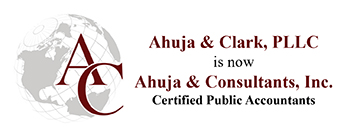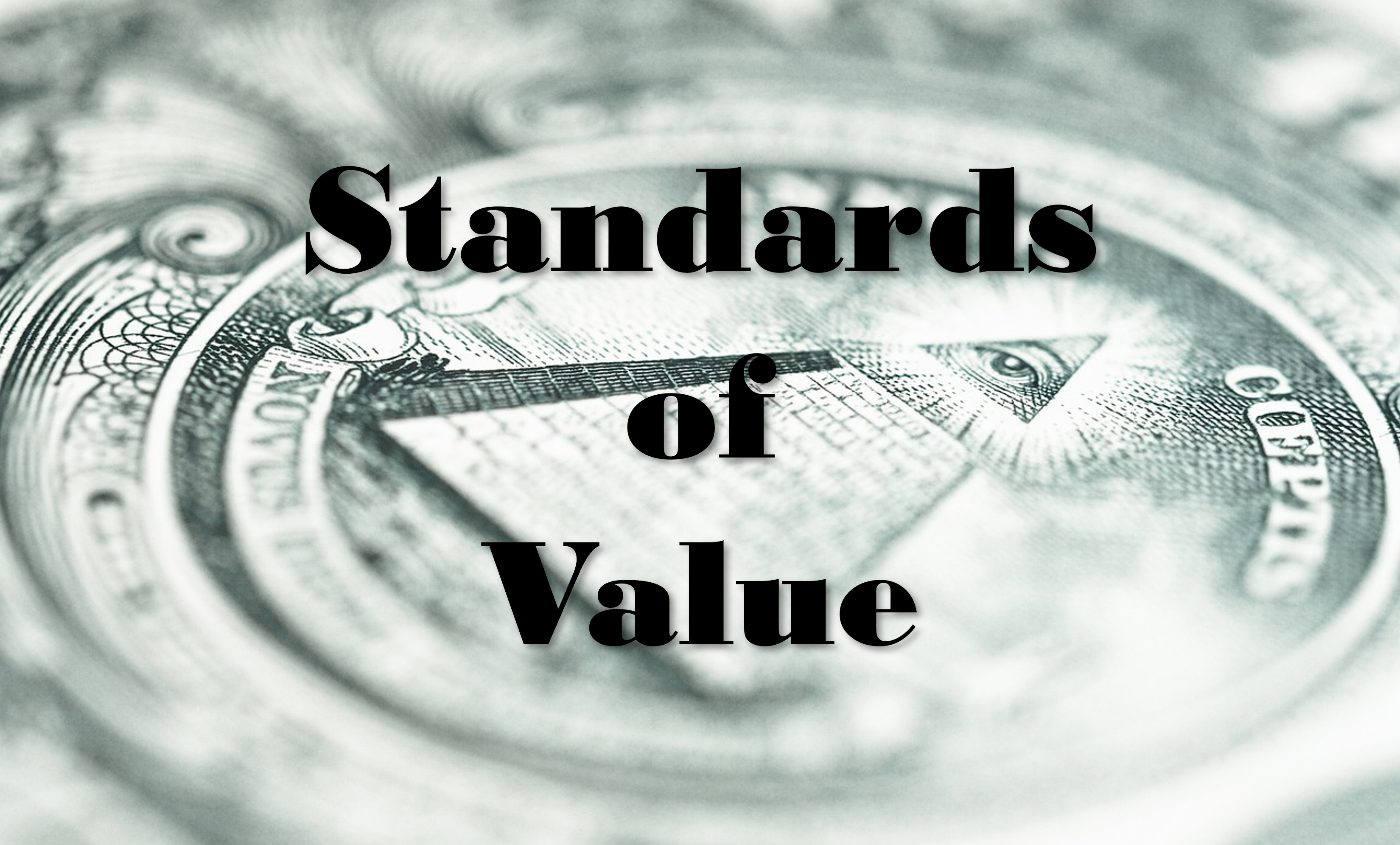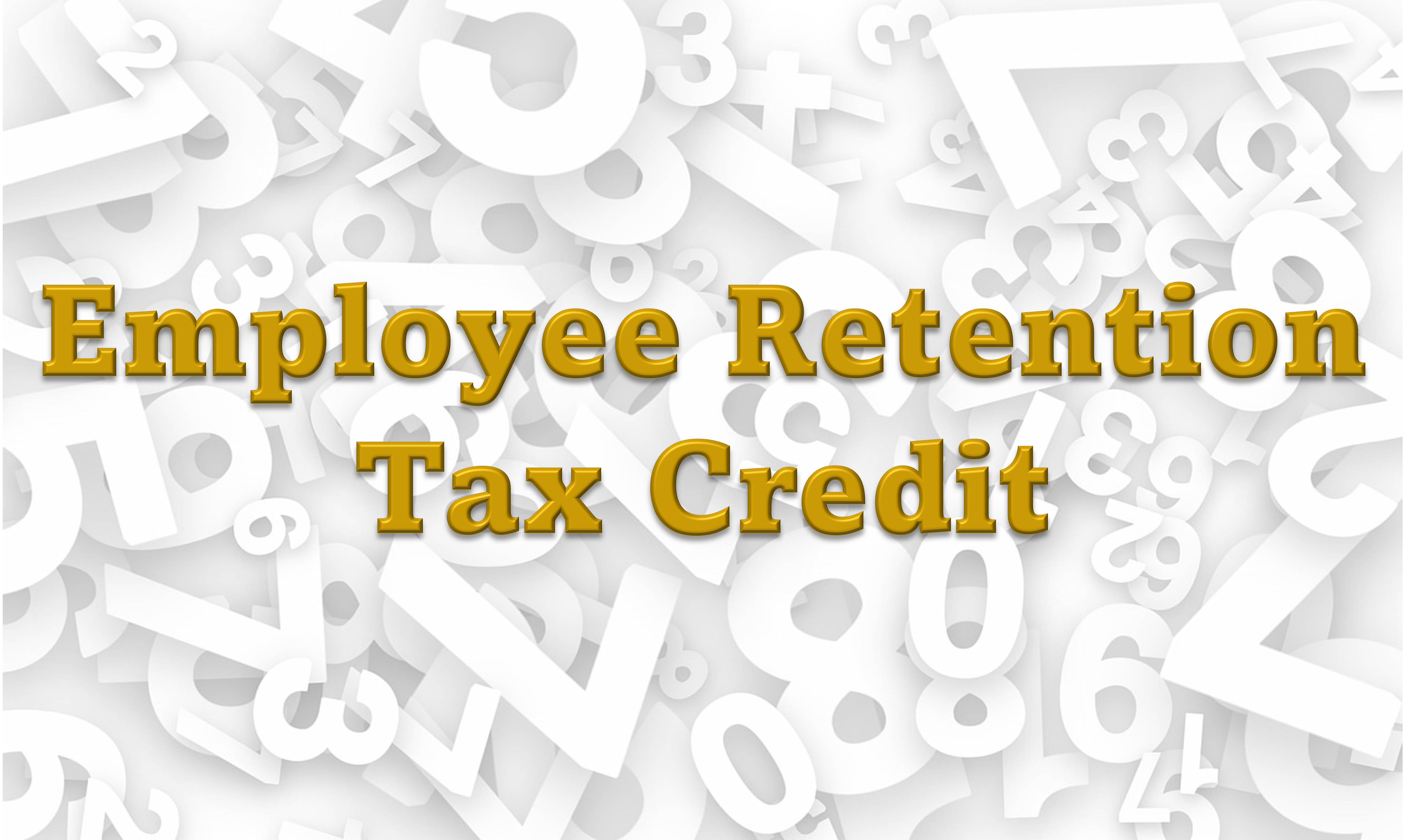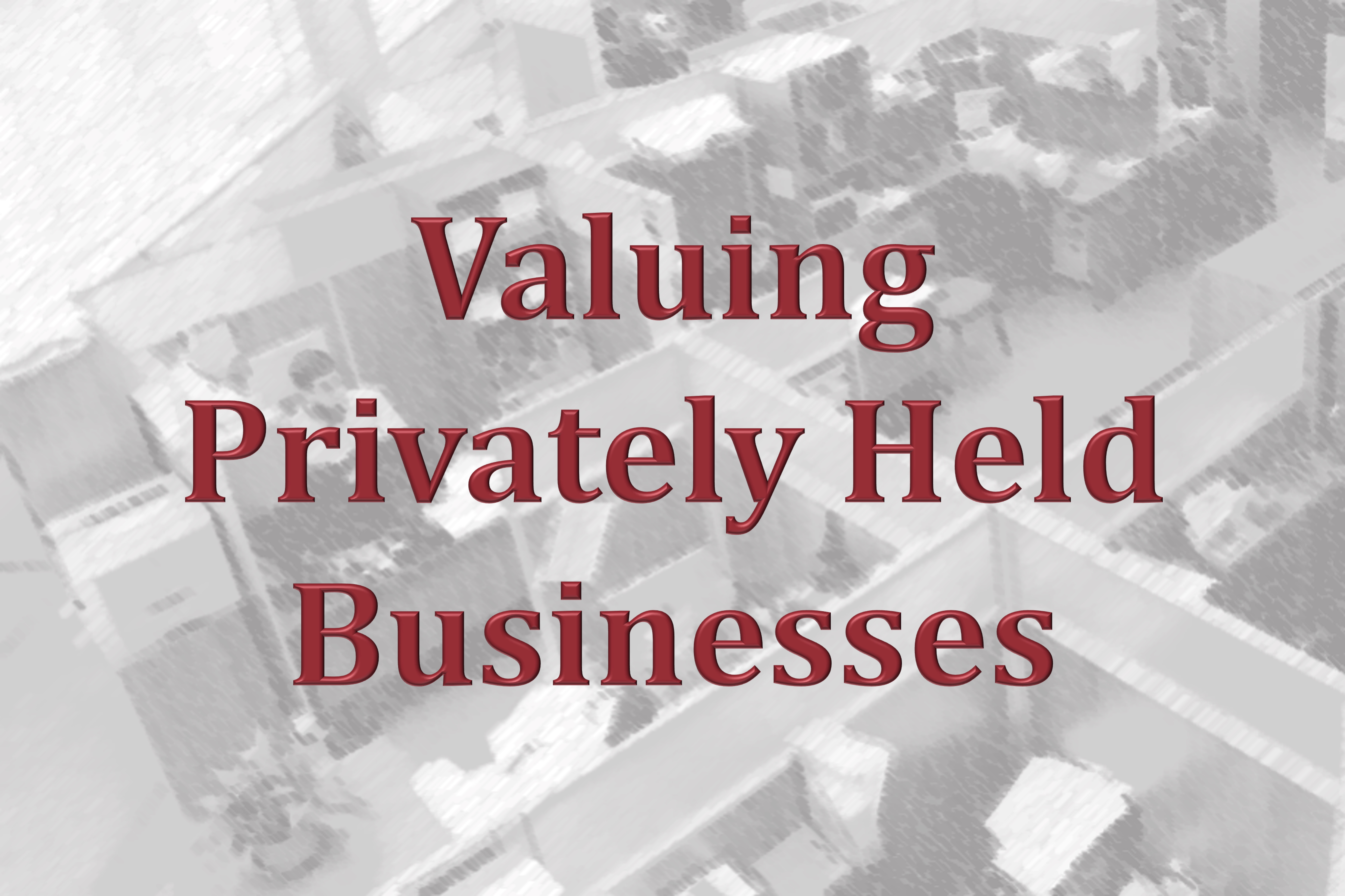Tax Deductibility of Expenses
COVID-19 relief bill passed on December 27, 2020 provides the much-awaited pronouncement on treatment of expenses paid out of the forgiven portion of the Paycheck Protection Program (PPP) loan amount (Revenue ruling 2021-02 obsoletes Notice 2020-32 and Rev. Rul. 2020-27). The Act retroactively amends the CARES Act to provide that no amount is included in the gross income of a PPP participant by reason of forgiveness of a PPP loan, and no deduction is denied, no tax attribute is reduced, and no basis increase is denied, by reason of the exclusion from gross income.
Some highlights of the PPP provisions covered under the new Coronavirus relief act:
- Tax deductibility of expenses paid with forgiven PPP loans
- Forgivable loans to first- and second-time small business borrowers. The bill expands eligibility for nonprofits and includes set-asides for very small businesses and community-based lenders.
- Expansion of definition of the cost eligible for loan forgiveness
- Increase in the eligible loan amount for certain borrowers – Hotels and restaurants.
- Simplified application and other terms of loan
- Reduction in the maximum amount of loan application to $2 million from $10 million in the first round.
The new $900 Billion corona relief provides $284 Billion funding for PPP forgivable loans. The second round of PPP loan is available to both first time and second time small business borrowers. There is a difference in the eligibility requirements for first time and second time borrowers.
For second time borrowers, the eligibilities are as follows:
- Have 300 or fewer employees.
- Have used or will use the full amount of their first PPP loan.
- Can show a 25% gross revenue decline in any 2020 quarter compared with the same quarter in 2019.
And first time borrowers will now include the following entities:
- Businesses with 500 or fewer employees that are eligible for other SBA 7(a) loans.
- Sole proprietors, independent contractors, and eligible self-employed individuals.
- Not-for-profits, including churches.
- Accommodation and food services operations (those with North American Industry Classification System (NAICS) codes starting with 72) with fewer than 300 employees per physical location
The bill also makes the forgivable loan available to Sec 501(c)(6) business leagues such as chambers of commerce, visitors’ bureaus etc. if the following requirements are met:
- They have 300 or fewer employees
- Do not receive more than 15% of receipts from lobbying. The lobbying activities must comprise no more than 15% of the organization’s total activities and have cost no more than $1 million during the most recent tax year that ended prior to Feb. 15, 2020.
If you have questions regarding this topic, please reach out to us at (469) 467 – 4660, or info@ahujaclark.com.






